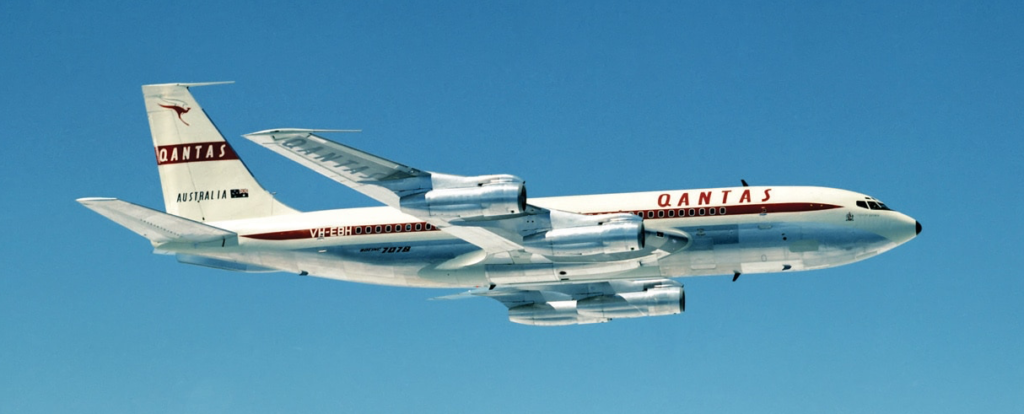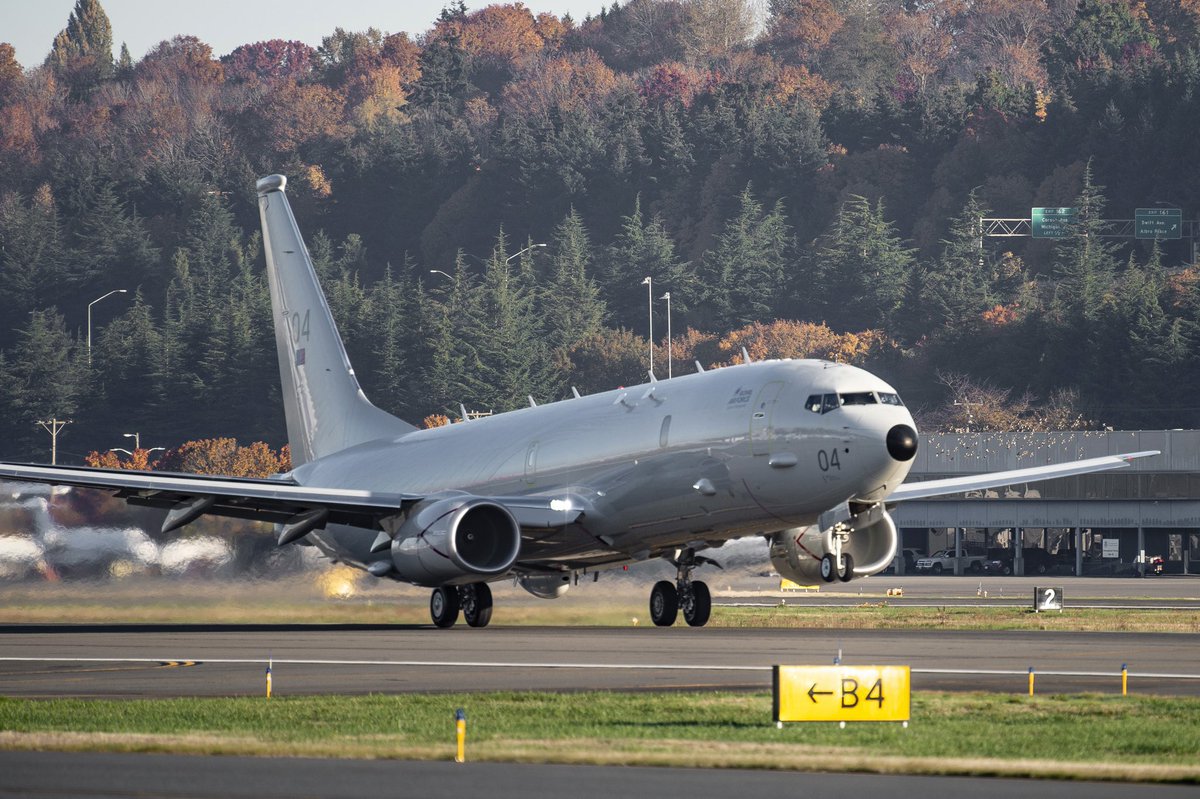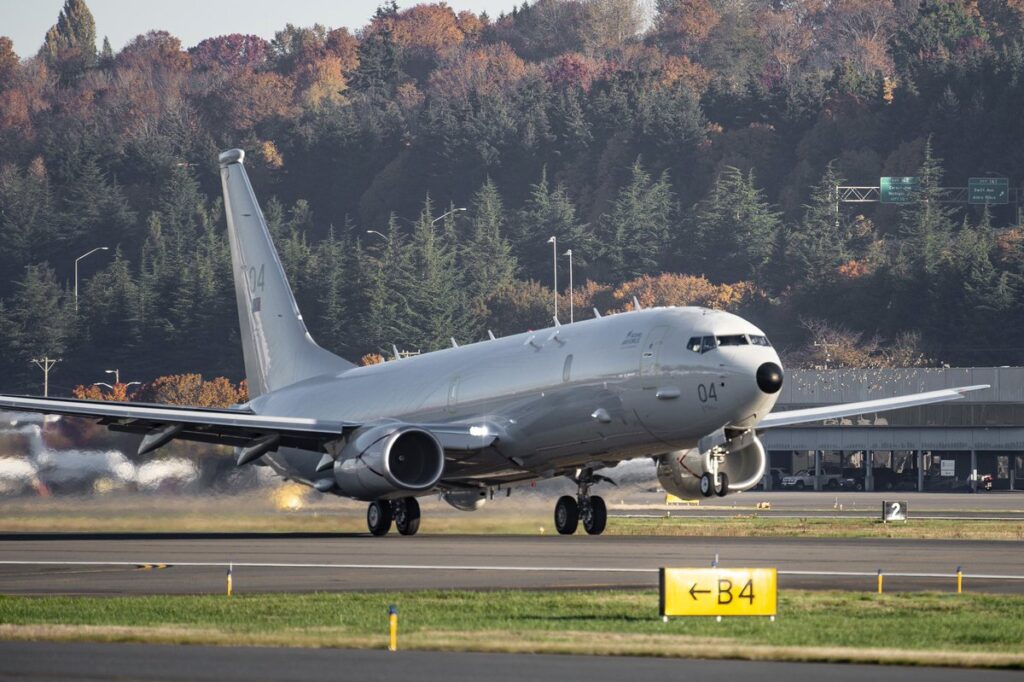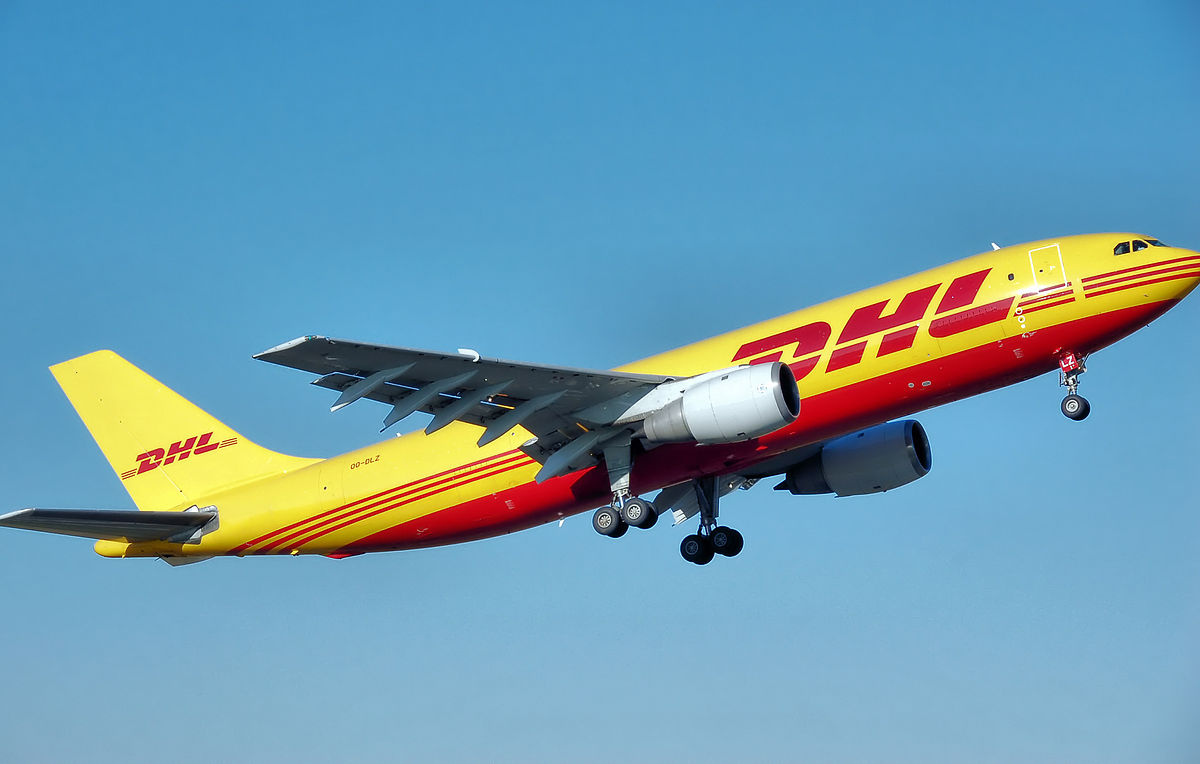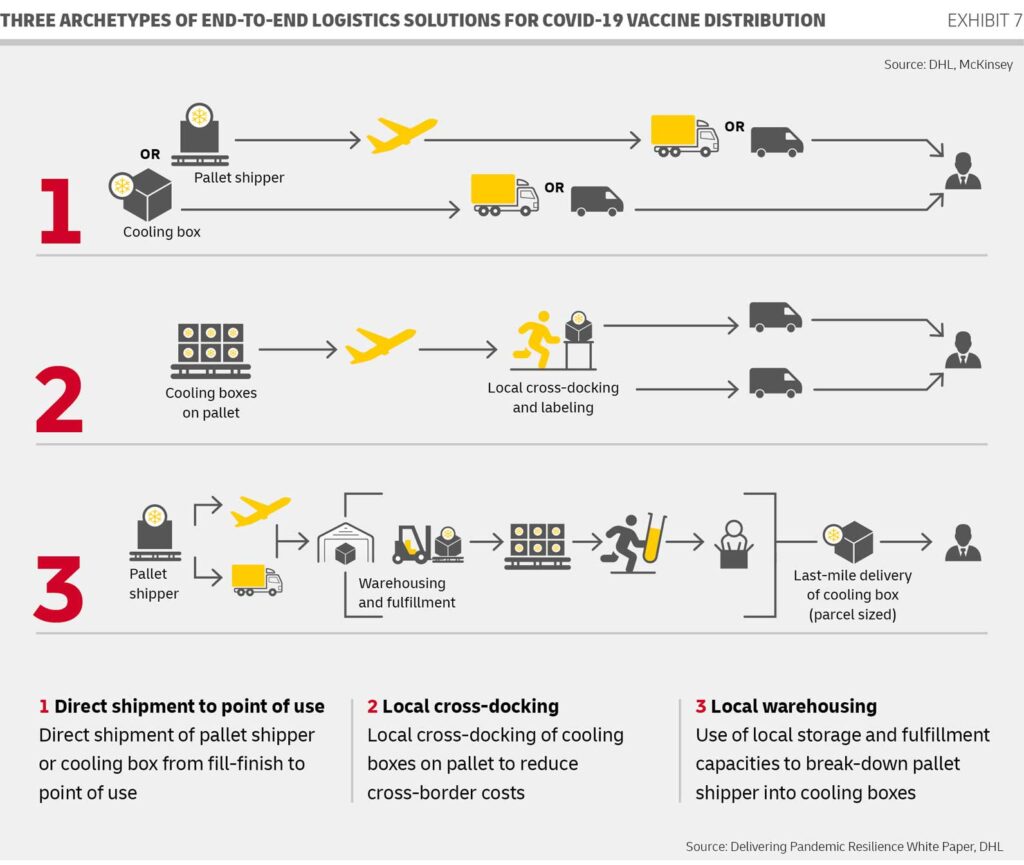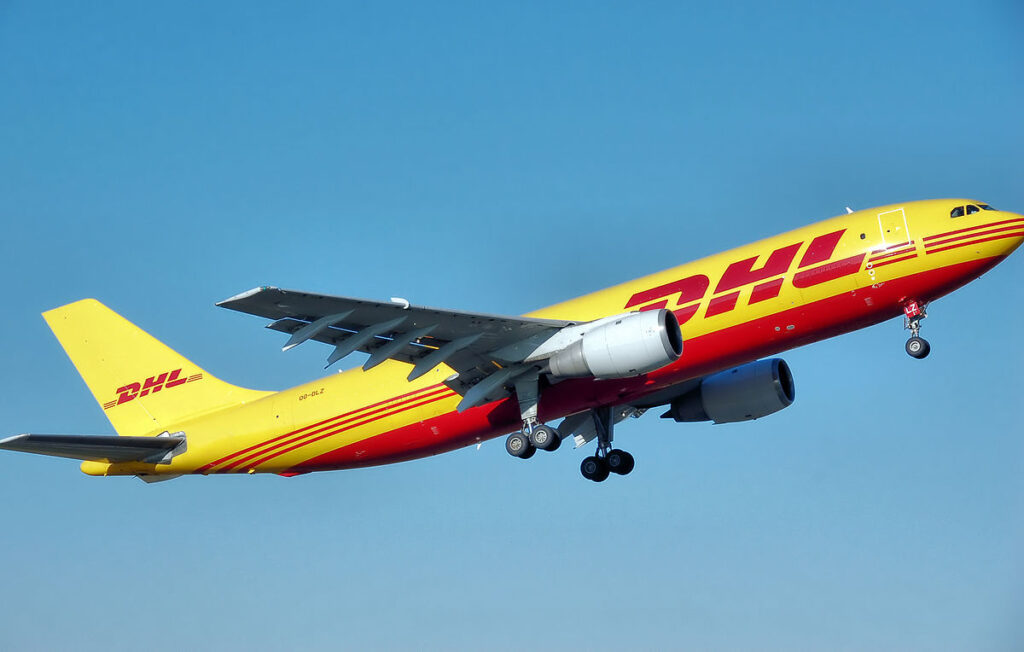Qantas (ASX: QAN.AX) and Jetstar are planning to restart regular international passenger flights to most destinations starting 31 October 2021 – a four month extension from the previous estimate of July, which had been in place since mid-2020.
The date change aligns with the expected timeframe for Australia’s COVID-19 vaccine rollout to be effectively complete.
Capacity will be lower than pre-COVID levels, with frequencies and aircraft type deployed on each route in line with the projected recovery of international flying. International capacity is not expected to fully recover until 2024.
The Group remains in close consultation with the Federal Government around the reopening of international borders and will keep customers updated if further adjustments are required.
Qantas is assessing the use of digital health pass apps to help support the resumption of COVID-safe international travel. The CommonPass and IATA Travel Pass smartphone apps are being trialled on the airline’s international repatriation flights.
Qantas network
Qantas is planning to resume flights to 22 of its 25 pre-COVID international destinations including Los Angeles, London, Singapore and Johannesburg from 31 October 2021.
Qantas won’t initially resume direct flights to New York, Santiago and Osaka, but remains committed to flying to these three destinations. In the meantime, customers will be able to fly to these destinations under codeshare or oneworld arrangements with partner airlines.
Jetstar network
Jetstar plans to resume flights to all of its 13 international destinations. Frequencies will be adjusted in line with the projected recovery of international flying.
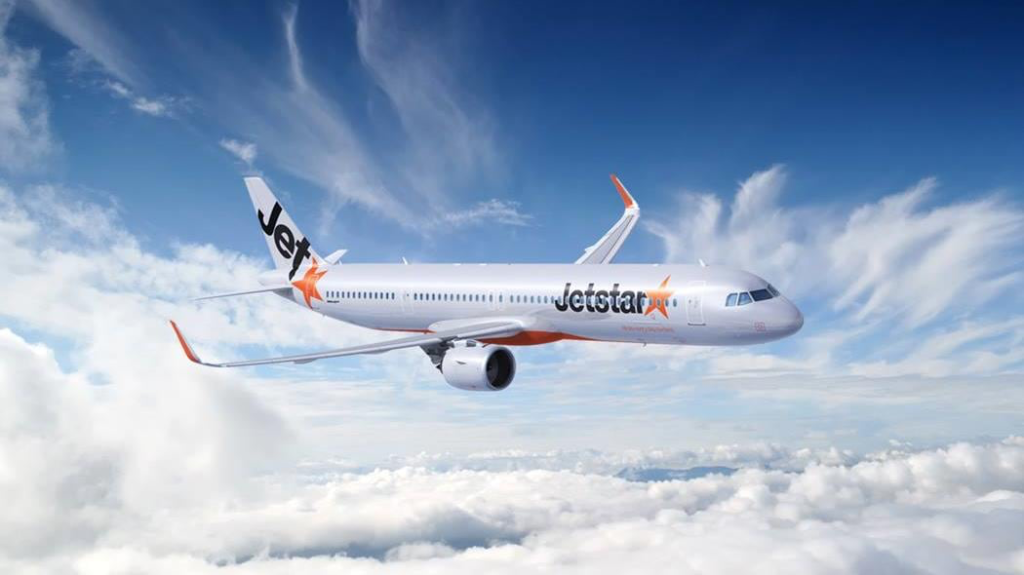
Trans-Tasman
Qantas and Jetstar are planning for a significant increase in flights to and from New Zealand from 1 July 2021.
The Group has the ability to respond to travel bubbles that may open.
Additional flexibility and extension of credit vouchers
Qantas has today announced additional flexibility for international bookings to enable customers to book flights with confidence.
Qantas’ updated Fly Flexible policy (previously only available for domestic and Trans Tasman flights) now applies to international flights booked from today until at least the end of April 2021. The flight date can be changed to any available for sale at the time (up to 355 days in advance). Qantas will waive the change fee however a fare difference may apply.
Qantas has also extended credit vouchers to enable travel until 31 December 2023 on domestic or international flights, with Jetstar doing the same for vouchers issued due to COVID-19 disruptions.
Customers with international bookings impacted by cancellations will be contacted directly and offered alternatives.
